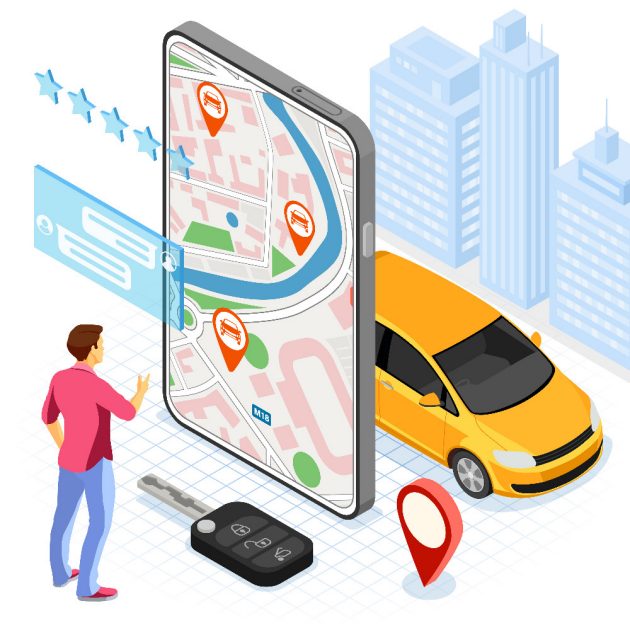
Electric mobility is growing fast. What steps are being taken by councils and public authorities? Urban mobility turns to electric car sharing.
Today, the mobility of the future is forecast to be mainly electric. Thanks to the numerous incentives promoted at a national and regional level, Italy is now coming into line with general European and global trends. However, this is not limited to private cars only. In Italy, the number of municipalities and local entities that are making room for the diffusion of electric vehicles in a rental format, i.e., in a car sharing framework, is also gradually increasing. This is a new way of looking at urban mobility that is really making inroads, in the literal sense of the word.
ELECTRIC CAR SHARING IN ITALY: THE CURRENT PICTURE
The figures speak for themselves. Electric car sharing is becoming an increasingly popular form of mobility for those who travel around the city for a wide variety of reasons, from work to leisure. To date, more than 40% of all electric vehicles on the road are electric rentals. For obvious reasons, large cities such as Milan, Rome and Turin have led the way in the spread of rented e-Cars. But the growing prevalence of electric car sharing is also having a gradual impact on smaller municipalities and is targeted at bolstering increasingly sustainable urban mobility.
THE ADVANTAGES OF ELECTRIC CAR SHARING IN THE CITY
Electric car sharing is a solution that meets the demands of today’s urban environments, regardless of their size. The advantage of this form of shared mobility is first and foremost environmental, in terms of its ability to reduce harmful emissions. It is estimated that, in the context of urban driving, electric cars bring a reduction in CO² of around 40-45% compared to their petrol-fuelled versions.
Another important parameter to consider when assessing the environmental benefits of a type of mobility such as electric car sharing is noise pollution. E-Cars, and all electric vehicles in general, help to reduce the noise of city traffic. This has a positive impact on a city’s liveability, with clear benefits for people’s health. Numerous studies have linked noise pollution to various psychophysical consequences for the body, ranging from hearing problems to increased anxiety, depression and hypertension, as well as a higher incidence of heart disease and strokes. In addition to these significant advantages, it is worth remembering that the use of shared electric vehicles permits free movement within a city, without being subject to constraints such as restricted low-emission traffic zones. In a city like Milan, for example, anyone using an e-Car can not only enter Area C at any time of the day, but is also not required to pay the Ecopass.
THE ROLE OF PUBLIC ADMINISTRATIONS IN THE DIFFUSION OF ELECTRIC RENTAL VEHICLES
Public Administrations play a major role in promoting shared electric vehicle rental. Throughout Italy, various municipalities are launching specific calls for tenders or planning MaaS (Mobility as a Service) platforms, in order to enable integration between the various sustainable mobility options in the city, thus discouraging the use of private cars.
However, despite growing momentum, there are still a number of issues to be resolved for the complete development of electric car sharing and, more generally, of e-Mobility. One of the critical issues affecting the spread of e-Sharing is the charging infrastructure system which, to date, is still insufficient and unevenly distributed throughout the country. Charging points tend to be concentrated in northern regions, where over 50% of the national total are distributed. The remaining percentage is spread over the rest of the country, with percentages not much higher in the centre of the country compared to the south and the islands.
In order to overcome this hurdle, public administrations have been called upon to increase their effort and adopt targeted policies with the aim of encouraging a definitive uptake of electric car sharing. The necessity to redesign streets is one of many feasible initiatives that would provide adequate space for all types of vehicles, with a focus on sustainability. Towns and cities can also focus on the creation of effective hubs for shared and electric mobility in key points of the city. Places such as airports and railway stations can be equipped with charging networks for this purpose.
The urban e-Sharing revolution has begun. Now all that remains is to seize these amazing opportunities.



